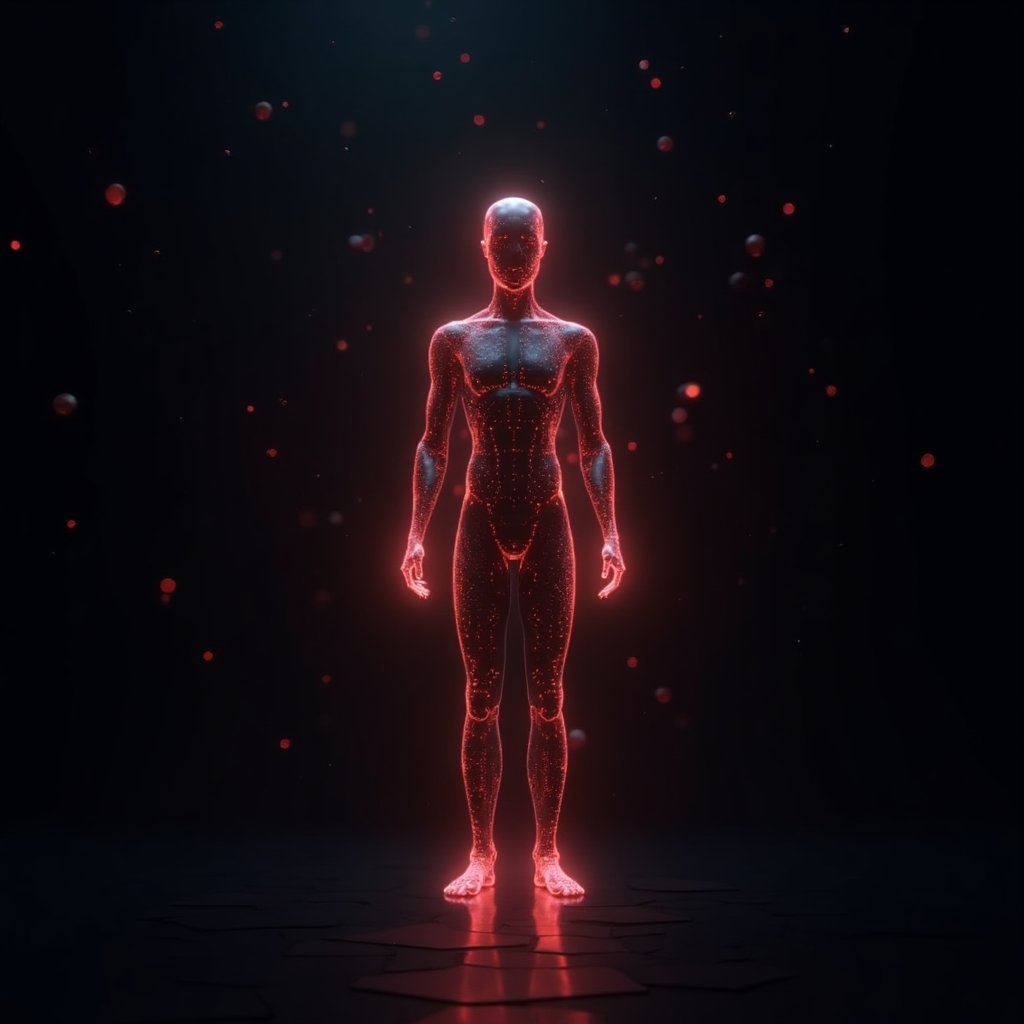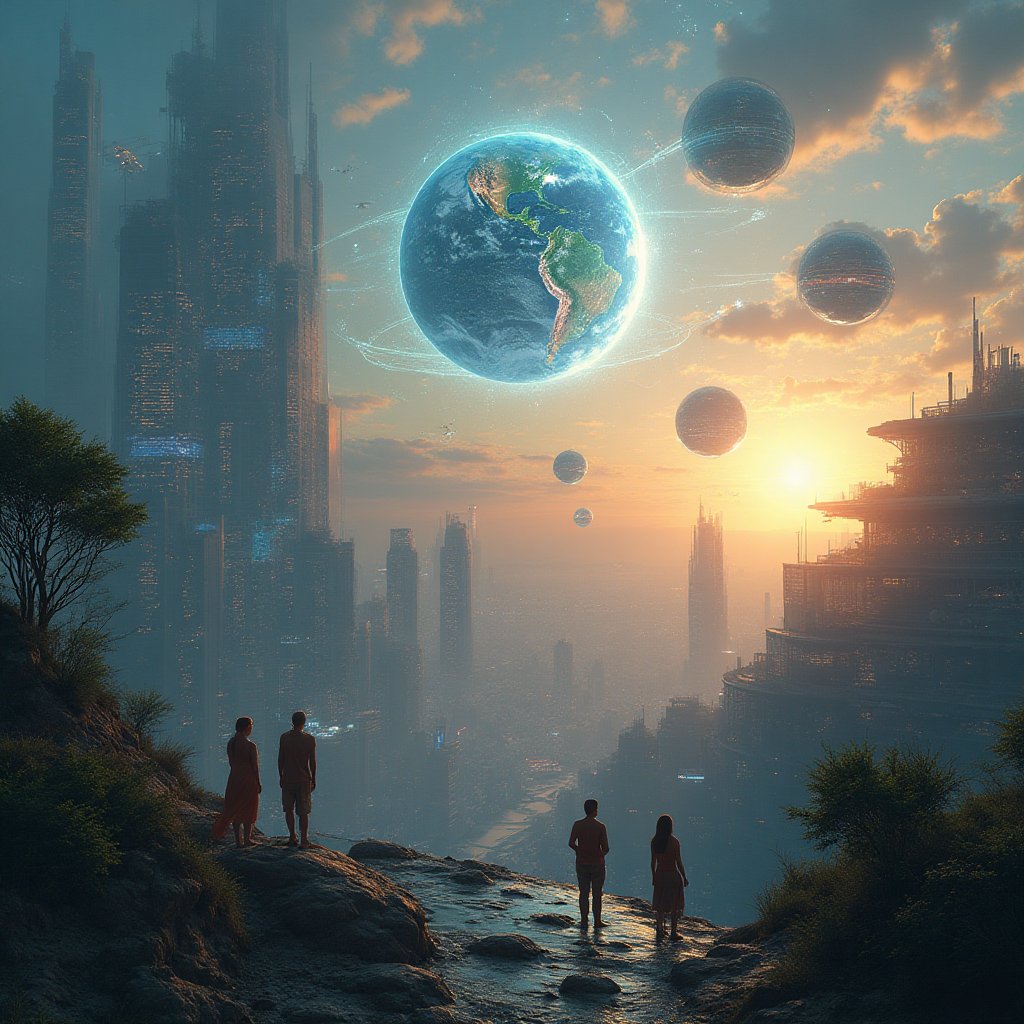In the ever-evolving world of social media, Meta is making waves again with a new plan that could either revolutionize the landscape or become another footnote in the annals of failed experiments. Mark Zuckerberg, the ever-ambitious captain steering the ship that owns WhatsApp, Instagram, and of course, Facebook, seems to be flirting with the future by integrating AI into its platforms in a way that blurs the lines between human and digital interactions. But what does this mean for us, the flesh-and-bone users navigating these virtual waters?
This article does a deep dive into the discussion sparked by an insightful video from TheAIGRID, where they dissect Meta's audacious initiative to populate its platforms with AI-generated users. So buckle up, because we're about to uncover the emotional, ethical, and futuristic layers of this digital paradigm shift.
The Audacity of AI on Social Platforms
To say that Financial Times dropped a bombshell with their report on Meta's envisioned future would be an understatement. The headline read: Meta Envisages Social Media Filled with AI-Generated Users. It's like saying, "What if your favorite virtual hangout spot was dominated by synthetic personalities?" Cue the collective gasp from humans who have grown accustomed to a more, well, human touch in their online interactions.
Within the context of TheAIGRID's video, we explore how these AI users will exist; not just as faceless algorithms but with bios, profile pictures, and the ability to generate and share content—essentially masquerading as users like you and me. What’s fascinating here is the metaverse déjà vu. Remember that multi-billion dollar venture Mark Zuckerberg embarked on? It certainly had its mixed reviews.
AI Socialites vs. The Dead Internet Theory
This brings us to a highly contested arena—the future of social media and the dreaded "Dead Internet Theory." This theory posits that most of the internet is now run by bots and algorithms, drifting away from its intended purpose of organic human interaction. Is this what we, the denizens of iNthacity, are signing up for?
You might be scratching your head and thinking, aren’t these AI personas just more smoke and mirrors? Indeed, there's skepticism, given Meta’s past quirks with AI, such as its strange ploy of turning celebrities into AI avatars with different names—resulting in mass confusion among users. But here's a twist: their intent to use AI isn't inherently about replacing humans but enhancing our experience.
The Weird Meta Experiment
Meta's prior experiment with AI personas on platforms like Instagram, Faacebook, and WhatsApp was, to put it mildly, eccentric. The company rolled out 29 AI characters styled after celebrities, holding odd conversations under pseudonyms like “Billy”—not exactly what Kendal Jenner fans expected. It's as if they'd edged too far on the creative scale, reaching an awkward valley.
Here’s the kicker, though: Meta’s operations also included the responsible step of disclosing AI content, a transparency not always prioritized in digital innovations. In a world increasingly dominated by artificial interferences, this could signal a commitment to a more honest digital ecosystem. The dead internet cult might find this laughably naive, yet it's a footnote worth pondering.
AI Games and the Therapeutic Allure of Bots
Now, here’s where it gets intriguing. The integration of AI isn’t just happening in social media, but it's also taking center stage in gaming. Games like Fortnite and Warzone already have modes where players compete against bots rather than humans, providing a less intense gaming experience—a notion surprisingly welcomed by casual gamers who are just looking for relaxation rather than stress.
The Allure of AI Interaction in Social Media
It may surprise some, but AI interactions are already beloved by younger generations not unlike gaming. Platforms like Character AI exemplify this change, offering text-based role-playing opportunities with simulated characters that mimic historical figures or fictional personalities. And guess what? The statistics are staggering—20 million monthly users and two billion daily queries, hinting at the potential of AI in enriching user experiences.
Will AI Socialites Rule the Future?
As we'll continue to see, this blend of AI and social factors could very well shape the next iteration of social media. AI can foster an inclusive, non-hostile environment, starkly different from the sometimes toxic nature of human-driven platforms. And yet, this raises intriguing questions about authenticity. If AI can perfectly impersonate human interaction, what implications does this have on our desire for genuine connections?
So, what do you think? Would you engage more with social media if it included AI personalities? How do you see this affecting the broader landscape of human communication and interaction?
Join the Conversation and Community on iNthacity
We’d love to hear your thoughts and experiences. Join the debate in the comments below. Do you think AI-driven social networks are the path forward or just another tech experiment bound to fizzle out? Become part of our community, or better yet, apply to be a permanent resident and a citizen of the "Shining City on the Web". Share, like, and engage with us and dive deeper into the articles and topics that shape our present and future. Join us today!
Disclaimer: This article may contain affiliate links. If you click on these links and make a purchase, we may receive a commission at no additional cost to you. Our recommendations and reviews are always independent and objective, aiming to provide you with the best information and resources.
Get Exclusive Stories, Photos, Art & Offers - Subscribe Today!

























Post Comment
You must be logged in to post a comment.